We have multiple functions inside Azure Functions, some of them are used by webpage hosted on blob storage.
I want functions used by webpage (blob storage) to restrict call, so they can be called only by webpage and not anyone else. Is something like this possible?
I found option to restrict access by IP but the webpage will have different IP almost at any computer, so this option doesn't seem like a good solution.
Good solution would be to restrict call of function from domain name, but there is no option in Azure for that.
Someone has other ideas?

